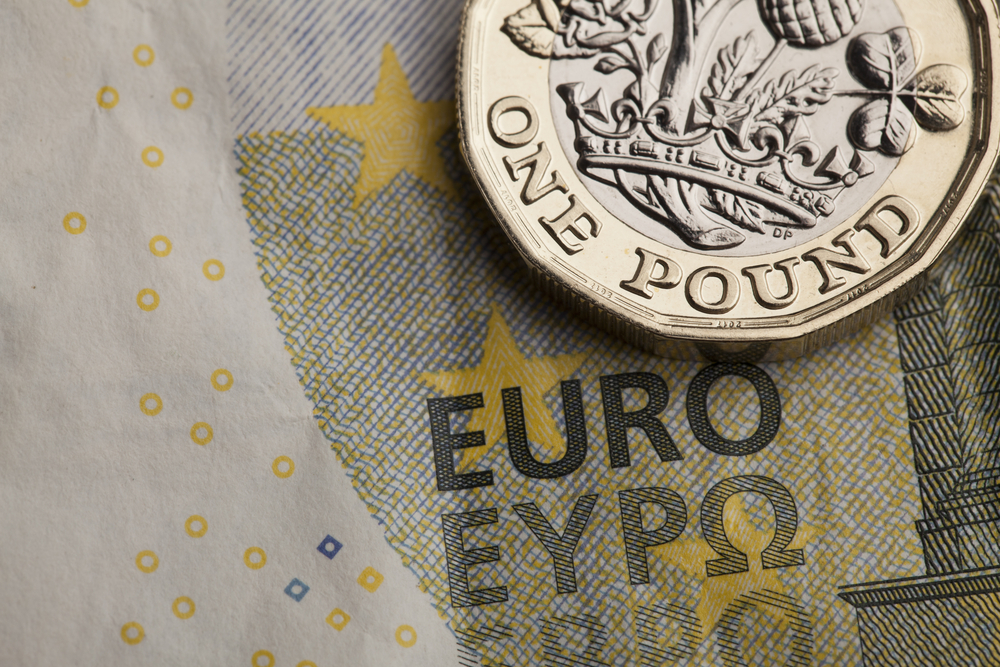The Pound Euro (GBP-EUR) exchange rate plummeted on Thursday. The slide emerged despite above forecast UK retail sales numbers.
The pessimistic long-term picture of the United Kingdom economy likely pressured the currency. Also, markets suspended bets on more massive rate hikes by BOE (Bank of England). And that could have dragged GBP-EUR lower.
Meanwhile, a sharp uptick in German PPI could have limited further slumps for the currency pair. While publishing this content, the GBP-EUR exchange rate stood at 1.1774, nearly 0.4% lower than the early morning numbers.
Pound Plunges Despite July Retail Sales Uptick
The GBP fell against its competitors on Thursday despite beyond-forecast retail sales numbers. The gloomy predictions for the United Kingdom economy potentially catalyzed the currency’s plunge, plus the economic effect of prevalent industrial action.
Meanwhile, the July retail sale boost could have helped limit more substantial losses for the currency on Thursday. Analysts pointed out the optimistic effects of online shopping transactions like Amazon Prime Day.
However, UK’s retail sector remains downbeat in the long term. The ONS (Office for National Statistics) revealed that sales might maintain downside trends during the upcoming months because of surging inflation.
EY ITEM Club’s economic adviser Martin Beck commented on ONS’s statement. He stated that retailers’ outlook remains downbeat considering shopper spending power squeeze amid intensifying inflation and lower consumer sentiment.
Also, recession fears for the United Kingdom amid a 40-year inflation peak could have pushed the Sterling lower. Markets cut-off bets on a more aggressive rate stance by the Bank of England, citing that too high hikes might trigger more slowdown.
EUR Drops as German PPI Surge
The Euro noted mixed actions on Thursday as the currency progresses against its poor-performing rivals. Meanwhile, the slip emerged as German PPI numbers highlighted a Eurozone recession. German producer prices surged faster in July as worldwide inflation and the Ukraine-Russia conflict pressured business.
German’s finance ministry stated that low gas supply from Russia, high energy costs, and supply chain problems contributed to the upticks. Also, the numbers increased recession fears. However, a surge in German bond yields could have limited substantial losses.
